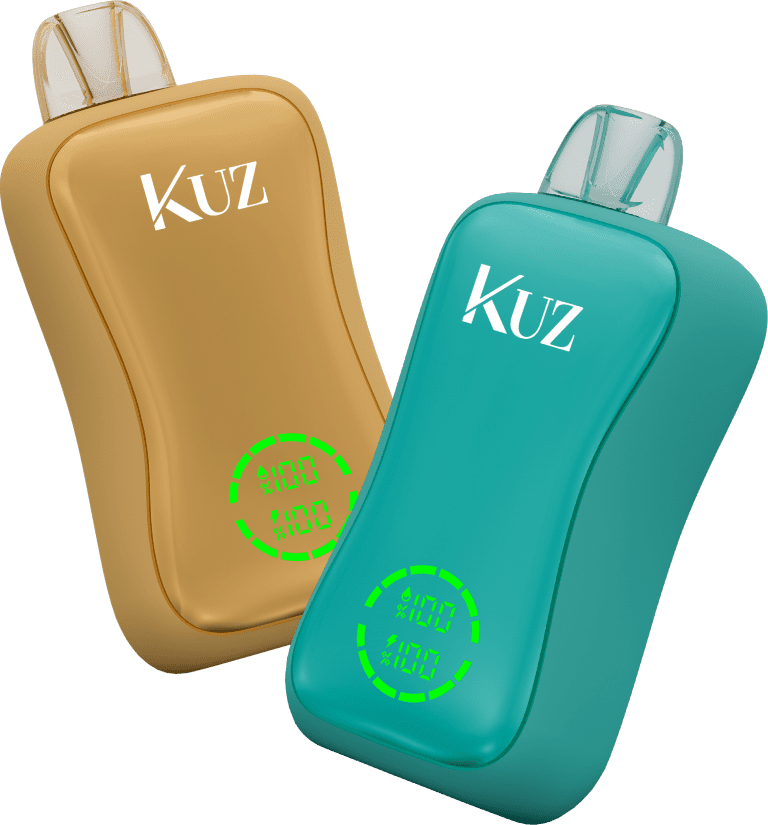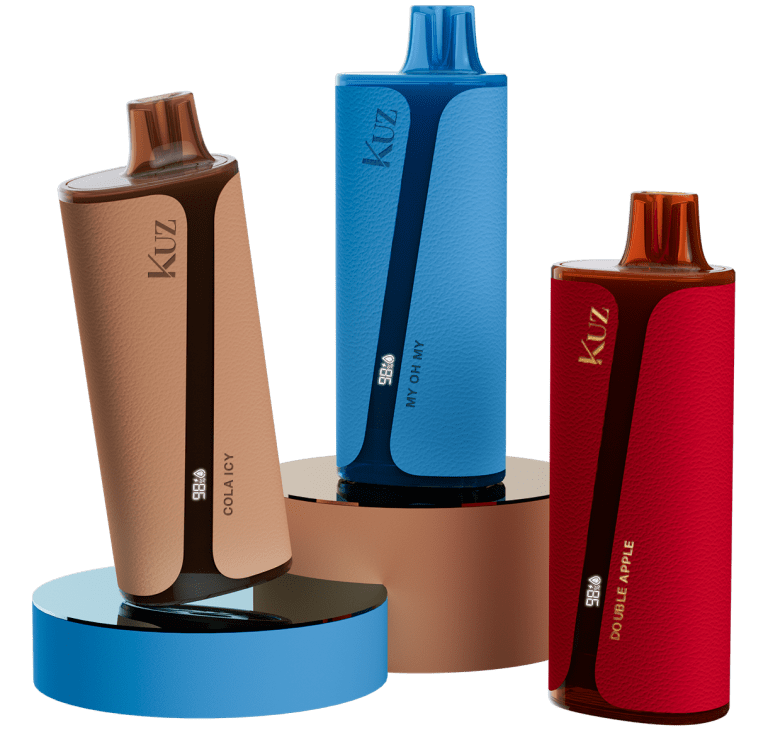In recent years, melatonin vapes have gained popularity as a quick and convenient sleep aid. Marketed as a faster alternative to traditional melatonin pills or gummies, these vape pens promise to help users drift off to sleep with just a few puffs. However, as with any new trend, especially one involving vaping, it’s essential to critically examine the safety and efficacy of these products.
What Are Melatonin Vapes?
Melatonin vapes, also known as melatonin diffusers, are devices similar to e-cigarettes that vaporize a liquid containing melatonin, allowing it to be inhaled directly into the lungs. This method of delivery is touted for its rapid absorption, as the melatonin enters the bloodstream almost immediately through the lungs, potentially offering quicker sleep onset compared to oral supplements. Brands like Cloudy and Inhale Health have capitalized on this trend, marketing their products as modern, portable solutions for insomnia and irregular sleep patterns.
The Safety Debate: What Does the Science Say?
Despite the appealing promises, the safety of melatonin vapes remains questionable. The primary concern is the lack of regulatory oversight. Unlike prescription medications, melatonin vapes are categorized as dietary supplements, which means they do not require FDA approval. This lack of regulation raises concerns about the quality and safety of the ingredients used, as well as the potential for contaminants.
Moreover, while melatonin in pill form has been studied extensively and is generally considered safe for short-term use, the effects of inhaling melatonin are not well understood. Experts caution that vaping introduces additional risks, such as exposure to harmful chemicals produced during the vaporization process. The long-term impact of inhaling substances like vegetable glycerin, flavorings, and melatonin itself is still unknown, making it difficult to definitively say that melatonin vapes are safe.
Efficacy: Does Vaping Melatonin Work?
Proponents of melatonin vapes argue that they provide a more controlled and faster-acting dose compared to traditional supplements. This claim is based on the premise that inhaling melatonin allows it to bypass the digestive system, leading to quicker absorption and, therefore, quicker sleep onset. However, this method’s precision is debatable. Unlike pills, where the dosage is clearly defined, the amount of melatonin delivered in each puff can vary, making it challenging to control the dose accurately.
Furthermore, while faster absorption might seem advantageous, it’s worth questioning whether the benefits outweigh the potential risks. The convenience of vaping melatonin must be weighed against the uncertainties surrounding its safety.
Potential Risks and Side Effects
Vaping, in general, has been associated with several health risks, including lung irritation, exposure to harmful chemicals, and potential respiratory issues. When it comes to melatonin vapes, these risks are compounded by the lack of long-term studies on the safety of inhaling melatonin. Additionally, melatonin itself can cause side effects such as drowsiness, dizziness, and hormonal imbalances, especially if used excessively or inappropriately.
For individuals with certain health conditions, such as autoimmune disorders, or those who are pregnant, the use of melatonin, whether inhaled or ingested, should be approached with caution. It’s always advisable to consult with a healthcare provider before starting any new supplement, particularly one delivered via a method as novel as vaping.
Alternatives to Melatonin Vapes
If the potential risks of melatonin vapes leave you feeling uneasy, there are several alternatives worth considering. Traditional melatonin supplements, available in pills, gummies, and liquids, remain a safe and effective option for most people. Other natural sleep aids, such as valerian root, chamomile tea, and magnesium supplements, can also support better sleep without the need to inhale anything.
For those interested in a non-invasive method, establishing a consistent bedtime routine, reducing screen time before bed, and practicing relaxation techniques like deep breathing or meditation can all contribute to improved sleep quality without the need for supplements.
Conclusion
While melatonin vapes offer a novel approach to sleep support, their safety and efficacy are still uncertain. The lack of regulation and long-term studies means that users are essentially participating in a real-time experiment, with potential risks that are not yet fully understood. For those seeking better sleep, traditional melatonin supplements or natural remedies may provide a safer and more reliable solution.
In conclusion, while melatonin vapes may seem like a convenient option for quick sleep relief, it’s essential to weigh the potential benefits against the unknown risks. Until more research is available, those concerned about their health may want to stick with proven methods for managing sleep issues.



